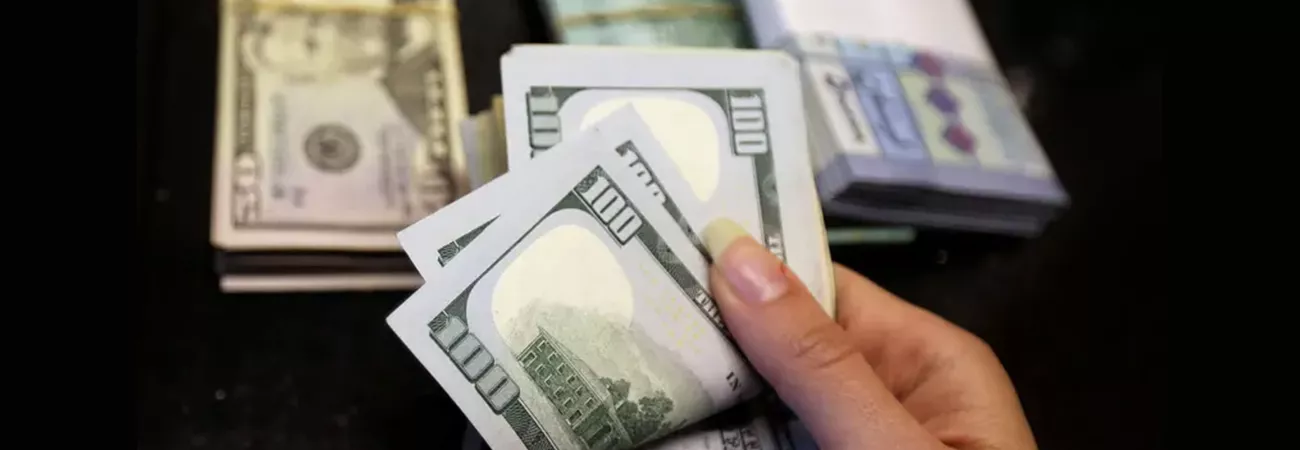i NEWS PAK-CHINA
Pakistan is to bear the brunt of Federal Reserve (Fed) rate hike, according to a report published by Gwadar Pro on Friday. The U.S. Central Bank, the (Fed) has hiked the key rate by another 0.75 percentage points lifting the central bank’s benchmark overnight interest rate to a range of 3.00%-3.25%. The Fed has hiked the interest rate for the third consecutive time, pushing the interest rate to the highest in almost 15 years to beat down inflation. However, the high policy rate in the United States will weaken other currencies, including the Pakistani rupee, and will create increased inflationary pressure, making it difficult for Islamabad to build up reserves. According to Federal Reserve Chairman Jerome Powell, the rate rises were necessary to “get inflation behind” and avoid long-term damage to the economy but it will take a toll. “I wish there were a painless way to do that. There isn’t,” he said.
Pakistan’s top economists and pundits believe the Federal Reserve’s move will strengthen the U.S. currency but it will have far-reaching implications for developing countries and struggling economies around the world. With the hike, developing countries will lose portfolio investment which will be diverted to the U.S. “The money will flow towards the United States in dollar-denominated assets; it will strengthen the dollar and accordingly will weaken other currencies including the Pakistani rupee,” renowned economist Dr Ashfaque Hassan Khan told Gwadar Pro. He said if Pakistan wants to go to the international market to raise money via bonds, the country will have to pay a “higher cost”.
Sakib Sherani, economist and former member of the Prime Minister’s economic advisory council, said that whenever the U.S. Fed increases interest rates, it attracts capital from around the world to US treasuries, and this capital den is not available for emerging markets or developing countries. “People are now rather than investing in emerging markets or lending to emerging markets, diverting their investments and capital to the U.S.,” Mr Sherani told Gwadar Pro, and he added, “This means that countries like Pakistan are not able to receive assistance or commercial lending and are not able to float their bonds in the international market to the same extent as they could before the U.S. Federal Reserve started raising interest rates”.
After the U.S. Federal Reserve raised interest rates and singled further hikes ahead, Asian markets including Pakistan traded lower on Thursday as well as oil prices climbed. Shahbaz Rana, senior economist and TV host told Gwadar Pro that Pakistan needs to borrow or get rollover around $40 billion in this fiscal year to repay the external debt and finance its current account deficit.“The hike in interest rates will not only increase the cost of borrowing for Pakistan but will also make it challenging for the State Bank of Pakistan to build reserves,” he said and added that the developing countries will lose “attractions for the investors after U.S. Fed rate hike.” Ikram Hoti, Economic Correspondent 92 News, told Gwadar Pro that following Covid-19, people instead of making investments in the markets prefer to avail high profit in the form of interests from the banks.
He said that with the rate hike, the value of Pakistan’s external debt will increase while the size of the economy in terms of dollars will decrease. The dollar appreciation will make it difficult for Pakistani exporters to compete in international markets while imports will become more expensive, increasing the import bills. The depreciation of the rupee will also increase the external debt-to-GDP ratio which provides a base to borrow money from foreign countries. “Fewer funds will be available for development spending if more funds are allocated for debt servicing,” said Mr Hoti. Ikram Hoti said, “Hike in policy rate is not in favour of many developing countries; for example, the international finance structure has no capacity to assist countries like Pakistan and Sri Lanka regarding foreign currency deficit”.
Credit: Independent News Pakistan









